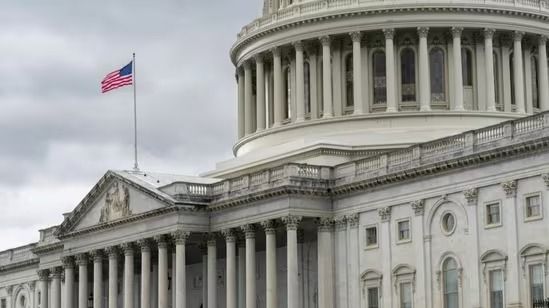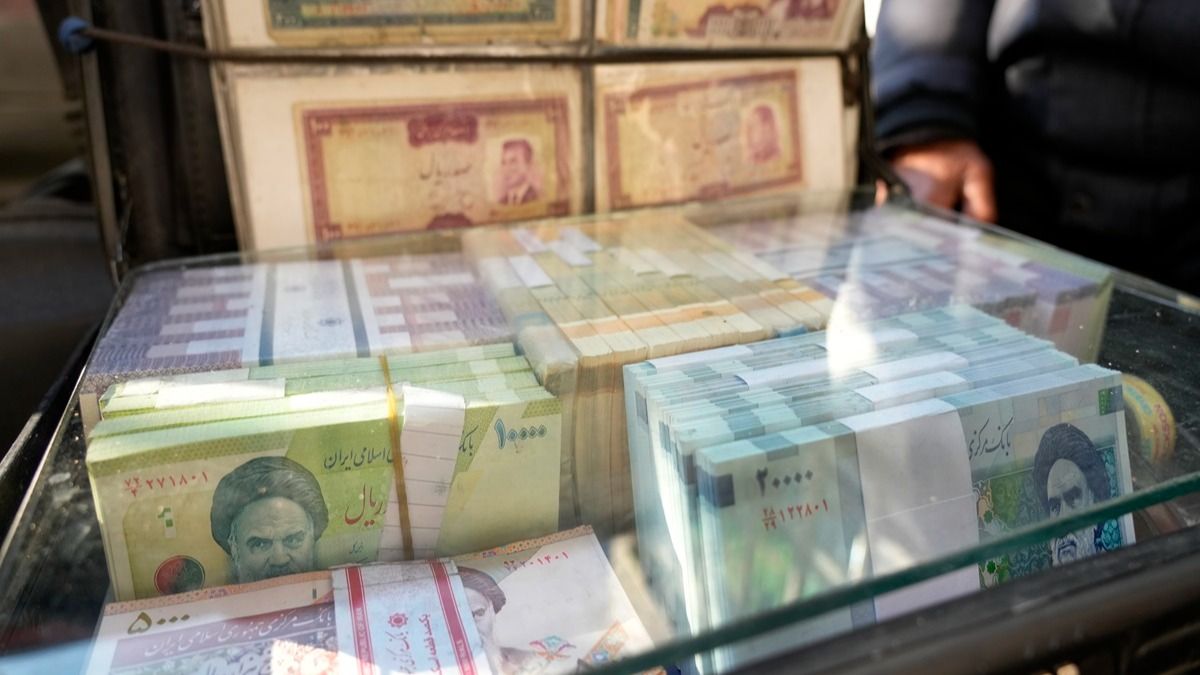Washington: The US Congressional-Executive Commission on China (CECC) has released its annual report, detailing ongoing human rights abuses in Tibet under the rule of the Chinese government.
The report sheds light on the continued suppression of Tibetan religious, cultural, and ethnic rights, focusing on severe restrictions on Tibetan Buddhism, the disproportionate targeting of Tibetans in political detentions, and the role of international corporations in facilitating Chinese state repression.
The CECC report highlights the persistent crackdown on Tibetan religious practices, particularly Tibetan Buddhism, in the Tibet Autonomous Region (TAR) and other Tibetan-inhabited areas.
Chinese authorities have maintained strict bans on Tibetan religious ceremonies and limited access to monasteries, especially during significant cultural and religious events. Despite calls for dialogue, Chinese officials have shown little interest in resuming negotiations with the Dalai Lama, the exiled spiritual leader of Tibetan Buddhism, with the last round of talks occurring in January 2010.
The report also points to the systematic efforts by the Chinese Communist Party (CCP) to impose its “sinicization” policy on Tibet, aiming to restrict Tibetan cultural expression and replace Tibetan Buddhist practices with state-controlled versions of religion.
This includes the forced relocation of monks from monasteries, such as the monks of Atshog Monastery in Dragkar (Xinghai) County, due to a planned hydropower project, as well as the creation of residential boarding schools that undermine the intergenerational transmission of Tibetan culture and language.
The CECC report further underscores the disproportionate targeting of Tibetans in the Chinese state’s political repression, with Tibetans making up a significant portion of political prisoners in China. Of the 2,764 political prisoners in the CECC’s database, 1,686 are known or believed to be detained for reasons related to their religious or cultural affiliations.
Tibetan Buddhists represent the largest religious group in this database, with 678 detainees affiliated with Tibetan Buddhism. This reflects the ongoing effort by the Chinese government to quash Tibetan religious and cultural identity.
The report further reveals that out of the 1,693 active detentions with available ethnic information, nearly half 790 are ethnically Tibetan. This disproportionate number of Tibetan detainees underscores the continuing ethnic and cultural repression faced by the Tibetan people under Chinese rule.
The CECC report also highlights the role of U.S. and foreign corporations in facilitating China’s human rights abuses. One of the key points raised in the report is the involvement of Thermo Fisher Scientific, whose DNA sequencers were allegedly used by Chinese police in Tibet and Xinjiang to compile extensive DNA databases of Tibetans and Uyghurs. The commission expressed concern that this technology could potentially be used for organ harvesting, an accusation that has long been levelled against the Chinese government, particularly regarding Uyghur Muslims.
The involvement of international companies in such human rights violations, the CECC warns, may inadvertently contribute to China’s broader campaign of surveillance, control, and repression of ethnic and religious minorities.
The report draws attention to the large-scale protests that erupted in February 2024 in Derge County, Tibet, in response to a planned hydropower dam on the Drichu (Jinsha) River. Locals fear the dam will flood villages and monasteries, including the historic Wontoe 1 Monastery, known for its well-preserved 13th-century murals.
The report also condemned the Chinese government’s displacement plans in Derge and other Tibetan areas, emphasising the lack of meaningful community participation in these decisions. These forced relocations and the destruction of Tibetan sacred sites exemplify a broader trend of environmental and cultural destruction in Tibet as Chinese authorities push forward with infrastructure projects, including several other hydropower dams.
Another key finding in the CECC report is the Chinese government’s continued efforts to replace Tibetan with Mandarin Chinese in the region.
Officials have increasingly adopted the term “Xizang” the Mandarin term for Tibet in English-language communications, part of a broader strategy to reshape the narrative surrounding Tibet’s status and history in global discourse. This move, the report argues, is part of the CCP’s strategy to reinforce its sovereignty over Tibet and erase Tibetan cultural and linguistic identity.
The CECC’s 2024 report paints a bleak picture of the ongoing suppression of Tibetans by the Chinese government. It documents not only the severe restrictions on Tibetan religious practices and cultural rights but also highlights the complicity of international corporations in facilitating Chinese human rights abuses. The report also underscores the disproportionate targeting of Tibetans in political detentions and the broader effort by the Chinese state to erase Tibetan cultural and religious identity.
The report’s findings underscore the urgent need for global attention and action to protect Tibet’s unique cultural heritage and the rights of its people.
(Except for the headline, this story has not been edited by Republic and is published from a syndicated feed.)
US Congressional Report Exposes China’s ‘Systematic Repression’ of Tibet’s Culture, Religion world-news World News | Latest International News | Global World News | World Breaking Headlines Today




